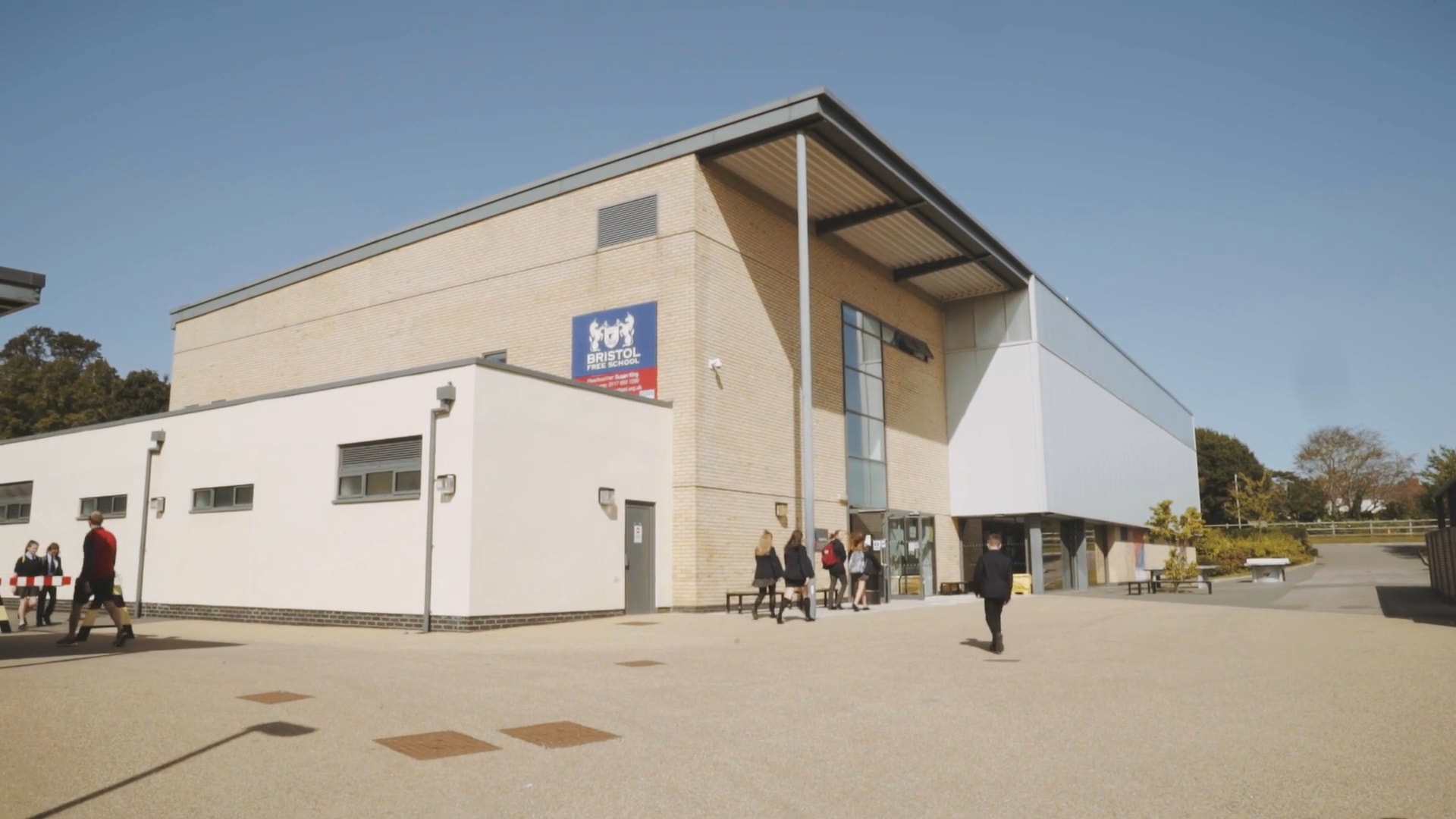
B3 - Pathogens are microorganisms such as viruses and bacteria that cause infectious diseases in animals and plants. They frequently produce toxins that damage tissues and make us feel ill. This section will explore how we can avoid diseases by reducing contact with them, as well as how the body uses barriers against pathogens. Once inside the body our immune system is triggered which is usually strong enough to destroy the pathogen and prevent disease.
Each unit is assessed by a 40 mark 'GCSE-style' test which also assesses scientific and mathematical skills
B4 - Photosynthesis and respiration are two of the most important processes in biology. Without them life on Earth would not exist. This unit explores the processes and factors that influence them.
Each unit is assessed by a 40 mark 'GCSE-style' test which also assesses scientific and mathematical skills
Cells in the body can only survive within narrow physical and chemical limits. They require a constant temperature and pH as well as a constant supply of dissolved food and water. In order to do this the
body requires control systems that constantly monitor and adjust the composition of the blood and tissues.
These control systems include receptors which sense changes and effectors that bring about changes.In this section we will explore the structure and function of the nervous system and how it can bring about fast responses. We will also explore the hormonal system which usually brings about much lower changes. Hormonal coordination is particularly important in reproduction since it controls the menstrual cycle.
An understanding of the role of hormones in reproduction has allowed scientists to develop not only contraceptive drugs but also drugs which can increase fertility.
Each unit is assessed by a 40 mark 'GCSE-style' test which also assesses scientific and mathematical skills
The Sun is a source of energy that passes through ecosystems. Materials including carbon and water are continually recycled by the living world, being released through respiration of animals, plants and decomposing microorganisms and taken up by plants in photosynthesis. All species live in ecosystems composed of complex communities of animals and plants dependent on each other and that are adapted to particular conditions, both abiotic and biotic. These ecosystems provide essential services that support human life and continued development. In order to continue to benefit from these services humans need to engage with the environment in a sustainable way. In this section we will explore how humans are threatening biodiversity as well as the natural systems that support it. We will also consider some actions we need to take to ensure our future health, prosperity and well-being.
Each unit is assessed by a 40 mark 'GCSE-style' test which also assesses scientific and mathematical skills. There is also an end of year exam covering all content and skills taught in Years 9 & 10.